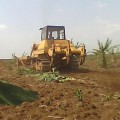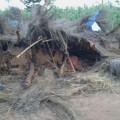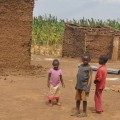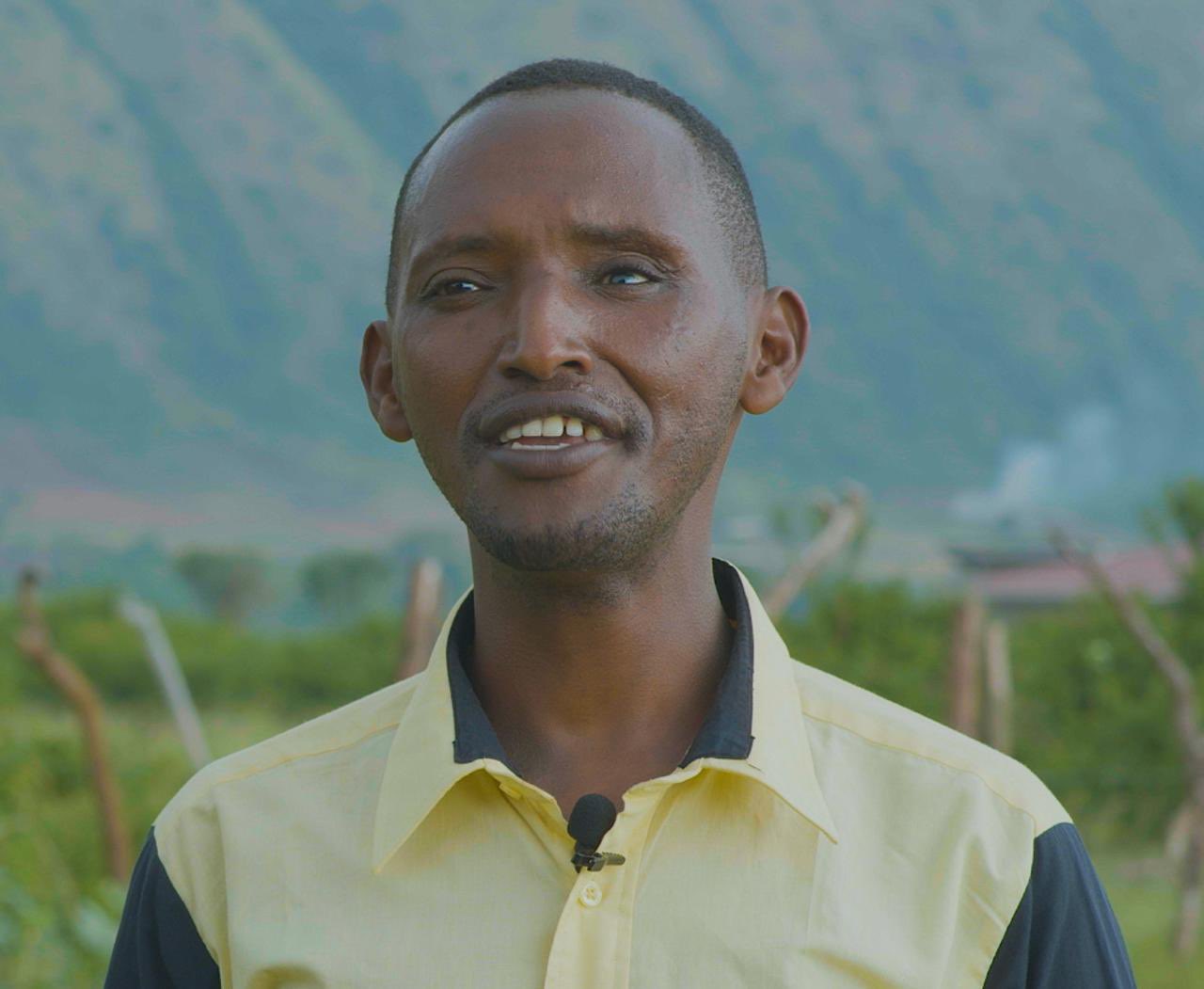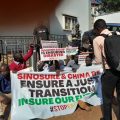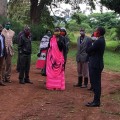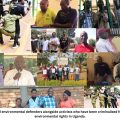By Witness Radio-Uganda.
The attacks and criminalization of land rights defenders, environmental activists, and climate activists have become common tactics employed by the authorities in the world to silence, suppress opposition, and perpetuate impunity against those that protect the climate, environment, and land rights.
The escalating scale of attacks against people defending our rights and climate from business-related harms, according to the report by Business and Human Rights Resource Centre in 2023 titled People power under pressure: Human rights defenders & business in 2023 shows the failure of governments to protect human rights and illustrates how voluntary action by companies and investors is insufficient to prevent, stop and remedy harm.
The report documented 630 instances of attacks directly affecting an estimated 20,000 people, raising concerns about business-related harms in the whole World where over three-quarters (78%) of these attacks were against people acting to protect the climate, environmental, and land rights.
According to the report, many attacks involved collusion between state, private sector, and other non-state actors occurring in contexts where there are high levels of impunity, adding that the direct perpetrators of attacks were largely state actors, with police and judicial systems being the most common perpetrators, followed by the military/armed forces. The highest number of attacks were connected with the mining (165), agribusiness (117), and oil, gas & coal (112) sectors.
According to the Resource Centre, Brazil leads the tally in the World with the highest number of attacks on HRDs challenging corporate harm in 2023 with (68) cases followed by, India (59), Mexico (55), Honduras (44), the Philippines (36), USA (27), Iran (24), and Colombia (22), among others.
In 2023, 86% of the cases we tracked were non-lethal including arbitrary detention (157), physical violence (81), intimidation and threats (80), strategic lawsuits against public participation (38), and others. The Resource Centre also recorded 87 killings of defenders speaking out about business-related harms in 2023. Additionally, the Centre has revealed most attacks – both lethal and non-lethal against HRDs go uninvestigated and unpunished, promoting a culture of impunity and fueling further attacks.
In Africa, Uganda has recorded the highest number of cases, with 18 incidents reported. The East Africa Crude Oil pipeline stands out as a focal point for most of these attacks, with individuals opposing this major infrastructure project being targeted by the state.
The report revealed one of the incidents where the Police officers refused to let the students enter parliament. Most were chased away, but four students, including Kajubi Maktom, were caught by police and allegedly kicked, punched, and beaten with wood, and brutally arrested. They spent the weekend in Luzira prison, where Maktom contracted tuberculosis, before being charged with public nuisance and released on bail. Since then Maktom has continued to receive threats from unknown persons.
Several reports including those of Human Rights Watch, Frontline Defenders, and Witness Radio among others have published reports describing patterns of arbitrary arrests, threats, office raids, and intimidation against individuals who have raised concerns about EACOP and other oil developments in Uganda.
The 630 instances of attacks against people raising concerns about business-related harms recorded in 2023 only are part of a consistent, ongoing pattern of attacks against HRDs protecting our rights and planet globally, with more than 5,300 attacks recorded since January 2015 by the Resource Centre.
The report calls upon States to fulfill their duty to protect the rights of HRDs and for business actors to respect the rights of HRDs by taking immediate action on these recommendations.
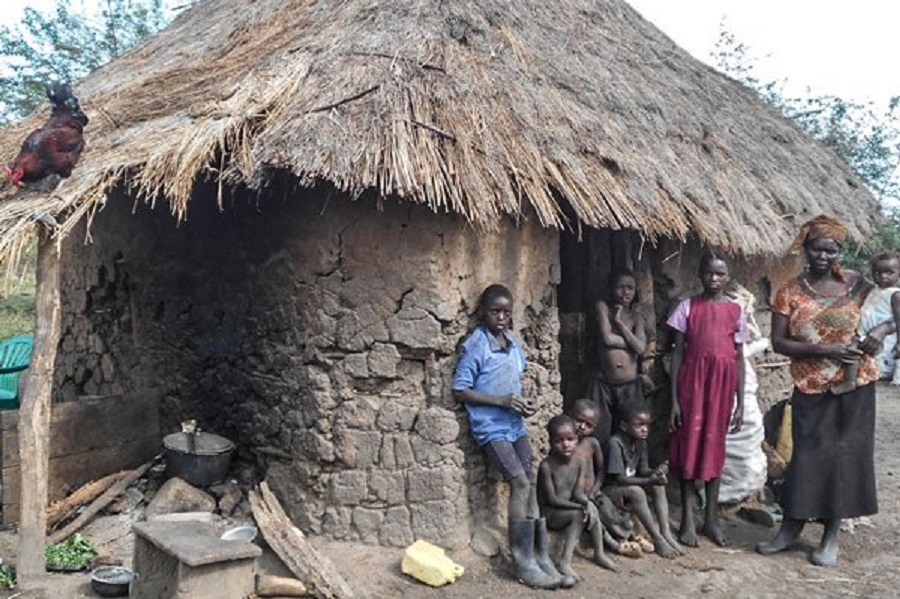
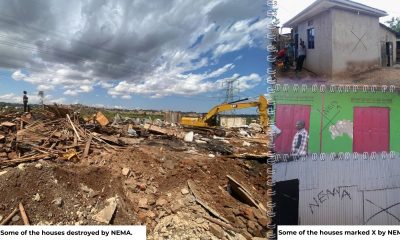
 MEDIA FOR CHANGE NETWORK5 days ago
MEDIA FOR CHANGE NETWORK5 days ago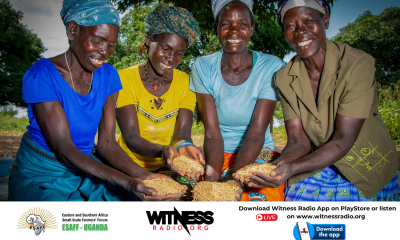
 FARM NEWS2 weeks ago
FARM NEWS2 weeks ago
 MEDIA FOR CHANGE NETWORK2 days ago
MEDIA FOR CHANGE NETWORK2 days ago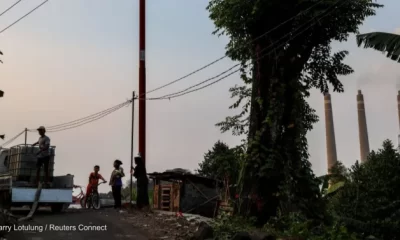
 NGO WORK1 week ago
NGO WORK1 week ago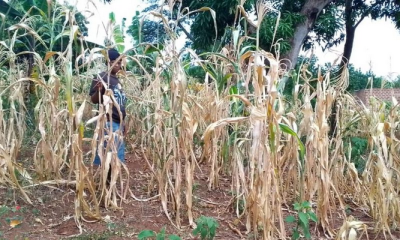
 FARM NEWS5 days ago
FARM NEWS5 days ago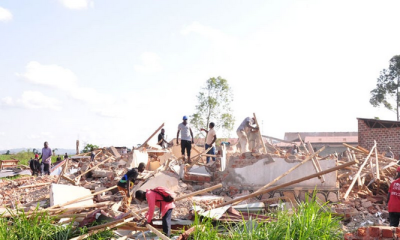
 MEDIA FOR CHANGE NETWORK5 days ago
MEDIA FOR CHANGE NETWORK5 days ago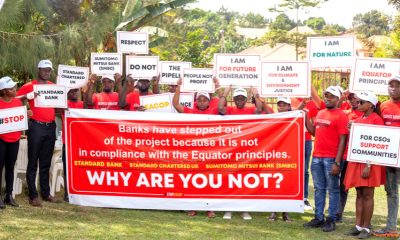
 MEDIA FOR CHANGE NETWORK3 days ago
MEDIA FOR CHANGE NETWORK3 days ago
